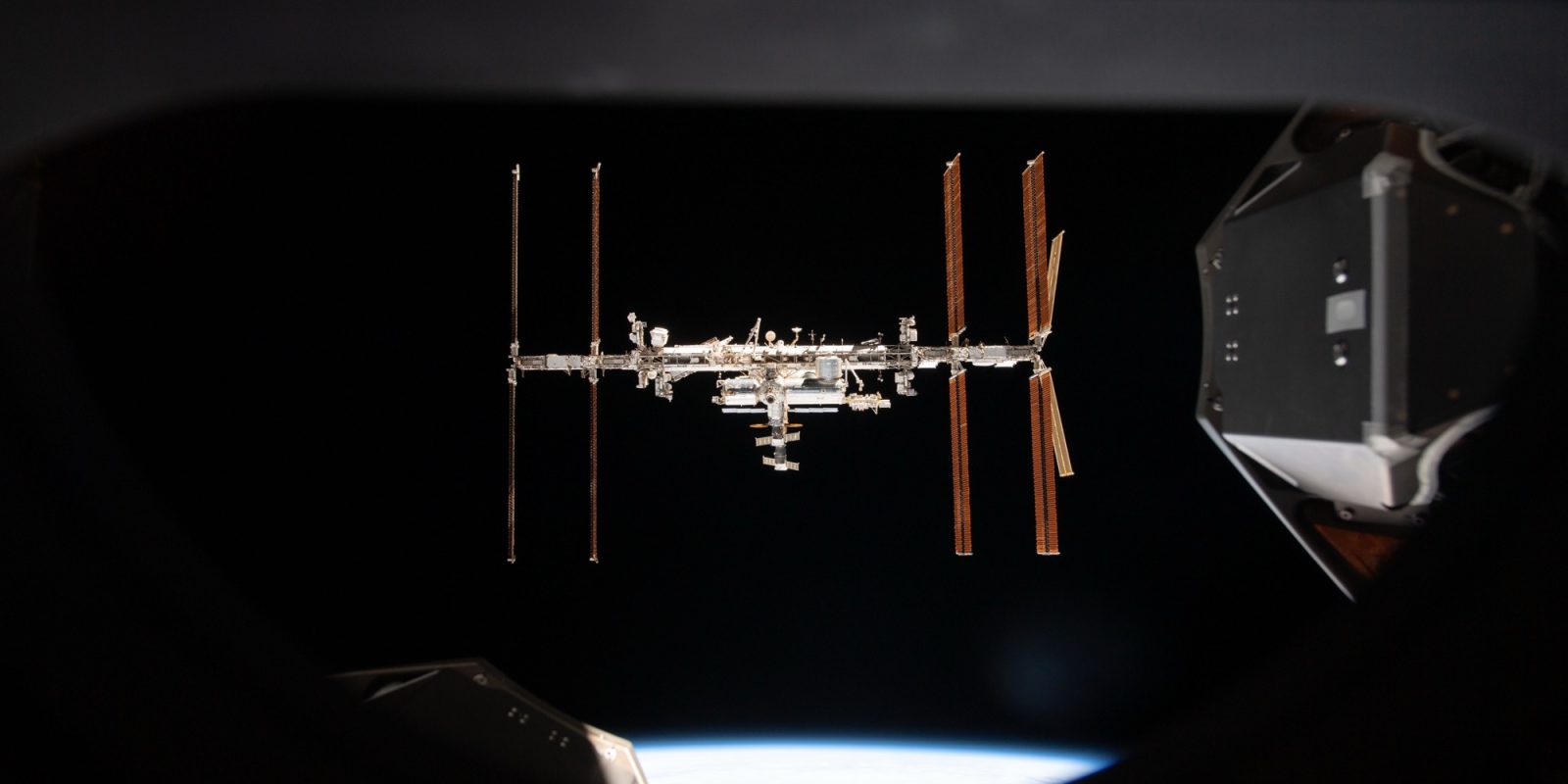
NASA, SpaceX, and Axiom Space have decided to postpone the launch of the Axiom-4 crew to the International Space Station pending the completion of an investigation into a leak on the Russian side of the station. The news came after a single-day delay due to another leak, this time on a Falcon 9 booster, discovered before launch.
Leaking space can. NASA shared Thursday morning that the agency, alongside Roscosmos, was investigating the aftermath of leak repairs on the aft end of the Russian Zvezda module. While crew members on board are still operating normally, teams on the ground are working to “understand a new pressure signature.”
Russian cosmonauts have already worked on sealing up leaks in Zvezda and inspected areas of the module to ensure that the leaks have been sealed. It’s uncertain if the agency believes there are new leaks or if they are just checking to see if the leaks have been fully fixed. NASA has referred all questions about Zvezda to Russia.
Axiom-4 on hold. With teams at NASA and Roscosmos now focused on the Zvezda investigation, Axiom’s mission is no longer a priority and will likely be delayed until the investigation is complete. This could be days, weeks, or longer. If there is one thing the government, and space agencies in particular, is good at, it’s taking a long time to do something.
The crew of Axiom-4, commanded by former NASA astronaut Peggy Whitson, remains in quarantine awaiting a new launch date. Axiom-4 is a privately funded space flight that will spend two to three weeks in space conducting research, public outreach, and whatever else its crew desires.
NASA has begun opening up the ISS to private astronaut missions, all of which have been through Axiom so far. Eventually, NASA wishes to move to entirely commercial low Earth orbit space stations, of which Axiom is a leading contender with its Axiom Station currently in production.
ISS entering its golden years. Zvezda’s new leak adds to the growing concern over the ISS‘s continued operational status as it reaches the expected end of its life in 2030. Both Russia and the United States have proposed budgets that will or already plan to cut its program funding and reduce its crew size.
These changes could speed up the decay of the station’s health as crews spend more and more time on maintenance tasks than on science.
Zvezda was the third ISS module added to the station and was launched back in 2000 on a Russian Proton rocket. The module is nearly 40 years old, with parts of it being built in the 1980s by the Soviet Union for the now-canceled Mir-2 program. The design has its roots in space history, dating back to the Salyut stations of the USSR.
Possible replacements for the ISS are far from near, with Axiom and Vast being the two companies likely to be the first to put a station in space. While Axiom works to build its full station first, Vast is working on a small station that can be launched on a Falcon 9 or Heavy rocket and served by a SpaceX Dragon spacecraft.
FTC: We use income earning auto affiliate links. More.



Comments